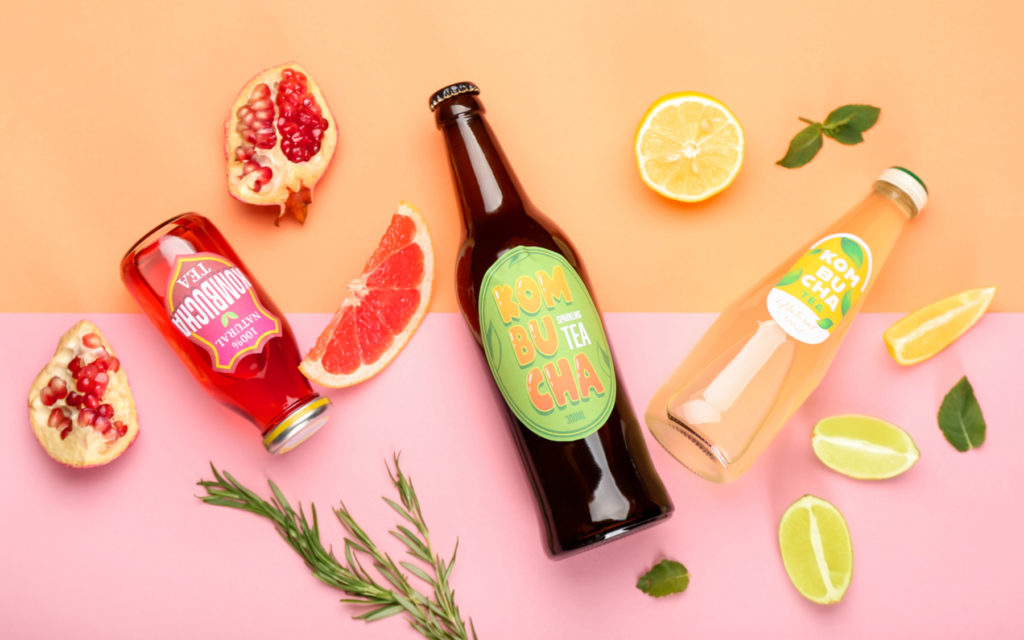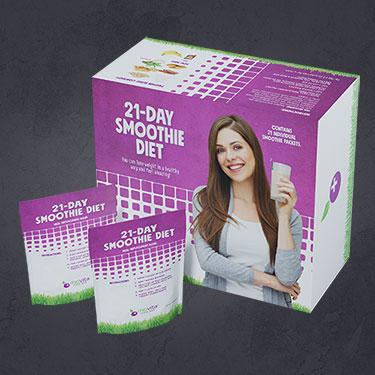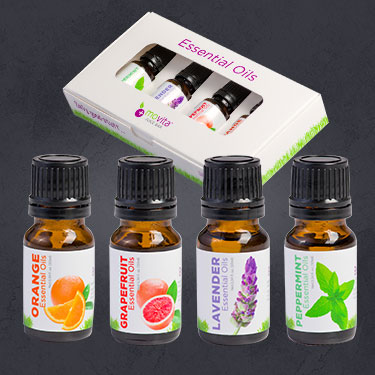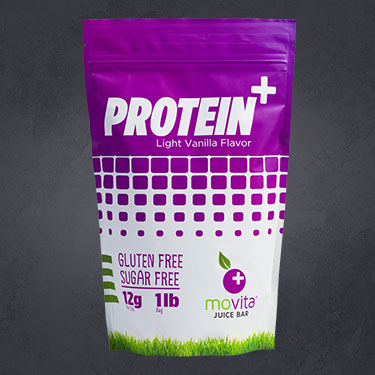
You’ve probably seen colorful bottles of kombucha in the supermarket. What are these concoctions that tout all kinds of health benefits? Should you include them in your eating pattern?
Kombucha is an ancient beverage that starts with black or green tea and sugar. After yeast and bacteria are added, the mixture ferments for a period of time, usually at least a week. This fermentation process produces a fizzy, tangy drink.
Other ingredients, such as fruit and vegetable juices, herbs, spices, and flavorings, may be added to kombucha after fermentation to broaden its appeal.
Is Kombucha Healthy?
Kombucha contains ingredients considered to promote health, including probiotics, antioxidants, and antibacterial substances. But is it healthy?
What we know: it promotes gut health and immunity, prevents cancer, heart disease, diabetes, obesity, neurodegenerative diseases, and more.
What we don’t know: Do the benefits of kombucha translate to humans? How much do you need to drink to get benefits? How often do you need to drink it?
Serving Size: Bottles and cans of Kombucha come in a variety of sizes. Check the Nutrition Facts label to see how many servings are in the container so you know how much sugar and how many calories you’re getting.
Is Kombucha Right for You?
Here are some things to consider if you want to join the kombucha craze:
- Sugar: A bottle of kombucha at the supermarket may have more than 20 grams of added sugar, but there are plenty of options with a lot less.
- Calories: Per serving, kombucha ranges from 20 to 80 calories.
- Caffeine: Some kombuchas have as much caffeine as decaf coffee while others contain the amount found in many colas. Check the label or company website.
- Alcohol: Ethanol is produced when sugar and yeast ferment, so kombucha will contain some alcohol. Anything over 0.5% alcohol by volume (ABV) is considered an alcoholic beverage and should be labeled as such. But one study found the ABV of nine brands of kombucha ranged from 0% to 1.29%.
- Safety: Unless kombucha is pasteurized, it is a raw product that could pose a risk to pregnant and lactating women and anyone who is immunocompromised. Most kombucha at the supermarket is refrigerated and should be kept chilled after opening. Be especially careful with homemade kombucha.The Bottom Line:
The Bottom Line:
Fermented foods and beverages appear to have some health benefits. Kombucha won’t make up for the typical American diet, but low-sugar fermented foods can be a healthy addition to your eating pattern.
Follow us on Instagram @movitajuicebar for everything fresh, healthy & nutritious!
See you for our next blog post!
DISCLAIMER: These statements have not been evaluated by the FDA. The information is for informational purposes and is not intended to treat, diagnose or cure any illness. Consult a physician before taking any action.
Want to contribute great content?
We are looking for contributors provide our readers with great healthy content to encourage positive living. If you're interested in becoming a contributor pease email us at blog@movitajuicebar.com



